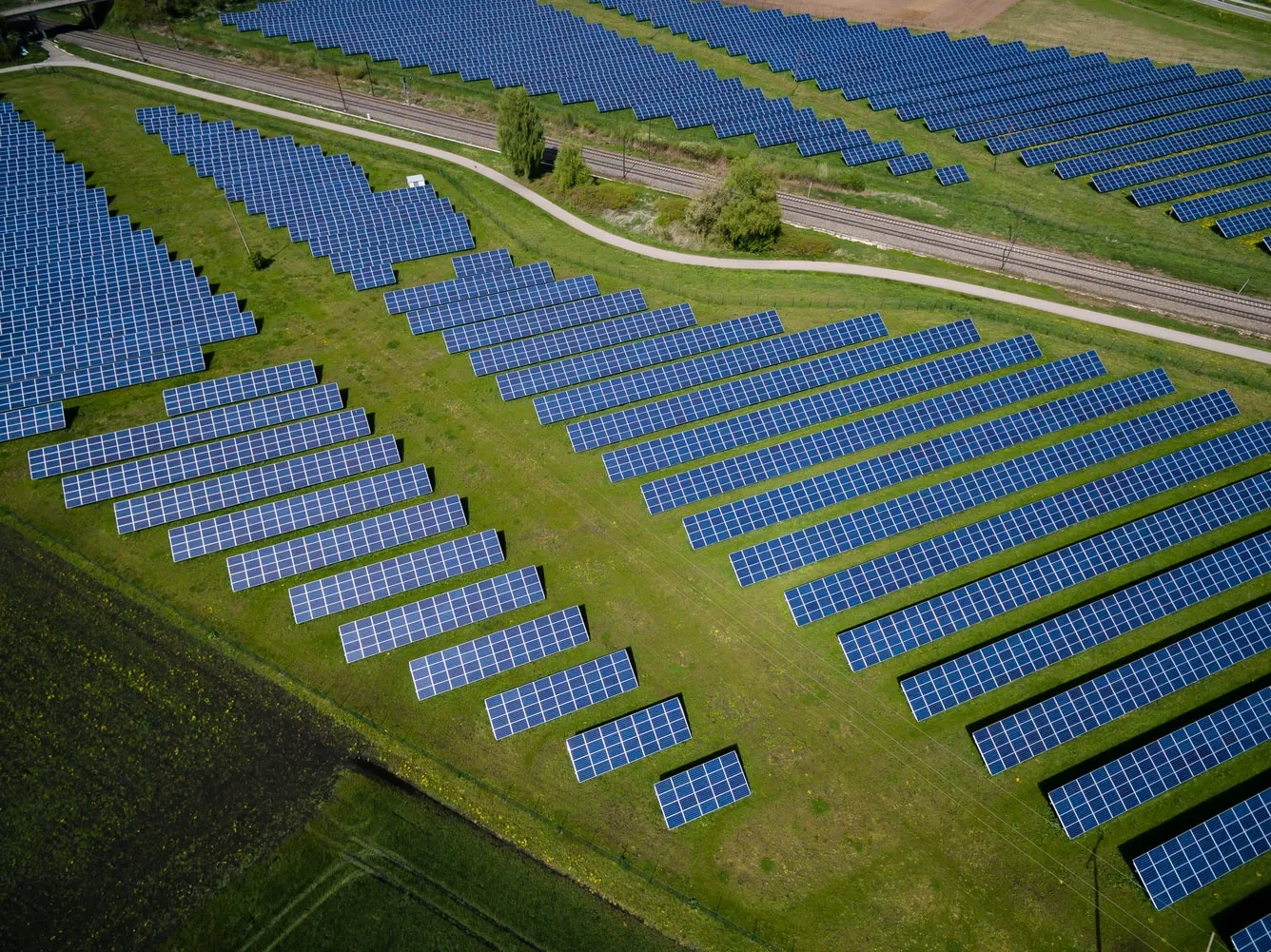The RoI Government has published a consultation on its proposals for a scheme to support the development of microgeneration in Ireland. Our analysis below is based on an initial reading of the consultation document and is provisional pending further clarification from DECC and a final decision on the scheme in the first half of this year.
In order to incentivise self-consumption DECC proposes that 70% of the total generated by the capacity located and measured behind the meter should be consumed behind the meter and that a maximum of 30% of the electricity produced behind the meter and exported beyond shall be eligible for remuneration. The quantum will be based on estimates of average annual consumption per sector (e.g., 5250kWh for domestic) and average production values per technology and installation size.
For any electricity exported to the grid, below the 30% maximum threshold discussed above, DECC propose that microgenerators will be eligible to receive a Clean Export Guarantee (CEG) supplemented by a Clean Export Premium (CEP). Informed by an analysis from Ricardo economic consultants, DECC judge that a premium is necessary in order for microgenerators to fund the viability gap, between the costs of purchase at a discounted rate of 3.75%, and the accumulated savings from self-consumption and export over a certain period of time.
Both payments will be made by the relevant electricity supplier. The CEG will be referenced against an average of the DAM price, and DECC say that suppliers will be able to cover this cost by netting the exported volume from trades in the electricity market. The CEP will be funded via the PSO, at an estimated annual cost range of between €70 and €170mn over nine years with the higher estimate based on a guaranteed minimum premium tariff.
In order to incentivise self-consumption at all times, the CEP will be calculated to ensure that total remuneration is below the retail market rate. The level of CEP support will be specific to sectors and technologies and will be granted for a period of 15 years. This will put upward pressure on the PSO, which is currently running at annual approx. cost of €400mn, and which is subject to volatility as the current calculation methodology requires ex-anted estimates of forward electricity prices and generation volumes to be adjusted ex-post. An estimate of the cost of the scheme for the period June-October 2021 has not been included in the ex-ante estimate for the period 20-21 and will therefore need to be included as an R-factor adjustment for the period 21-22.
DECC argue that State Aid approval will not be required for these funds on the grounds that a portion of the funding will be directed at households, who are exempt from SA rules, and that the remaining portion directed at businesses, falls below the thresholds in the existing General Block Exemption Regulation (GBER) (<€200k individual receipts over a 3-year period).

